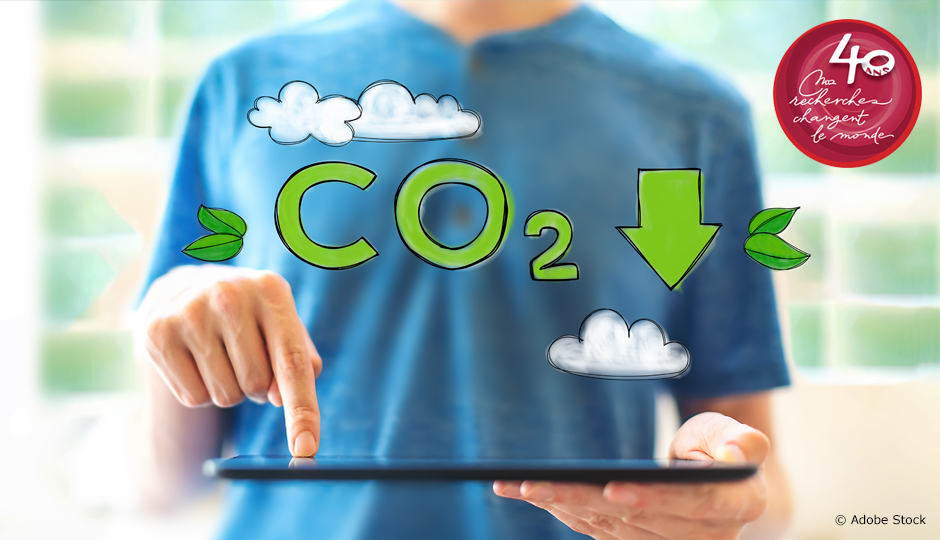In Québec, offsetting carbon emissions (for example, by funding the planting of trees to offset an economic activity) was initially done through a voluntary market led by networks of private actors, before being regulated by the provincial government.
Today, the government-regulated carbon market has taken over the voluntary market.
René Audet, an environmental sociology researcher at Université du Québec à Montréal, studied the evolution of these networks to understand how the carbon market was structured. He and his team created a database of private businesses and voluntary market organizations, and observed their interactions between 1999 and 2015, a period for which he identified four stages of development.
1999 to 2002 – Emergence. Few businesses and organizations took part in the voluntary market, and those who did were primarily involved in pilot projects.
2003 to 2006 – Growth. Several carbon offsetting projects were initiated by voluntary market participants, relying largely on the international tools developed under the Kyoto Protocol to quantify GHG emissions.
2007 to 2010 – Peak. The carbon offsetting projects adopted during the previous period were in full swing. However, fewer new projects were being launched. This slowdown coincided with the failure of the 2009 climate change conference in Copenhagen (at which the Kyoto Protocol was to be renewed) and undermined the confidence of the voluntary market actors.
2011 to 2014 – Fragmentation. The actors knew that the Québec government was about to intervene and introduce its own cap-and-trade system for greenhouse gas emission allowances (SPEDE), which would be mandatory. Many abandoned the voluntary market.
Today, the government-regulated carbon market has taken over the voluntary market. The study of this evolution advances knowledge on the sociology of networks and its role in the transition to a low-carbon economy.




